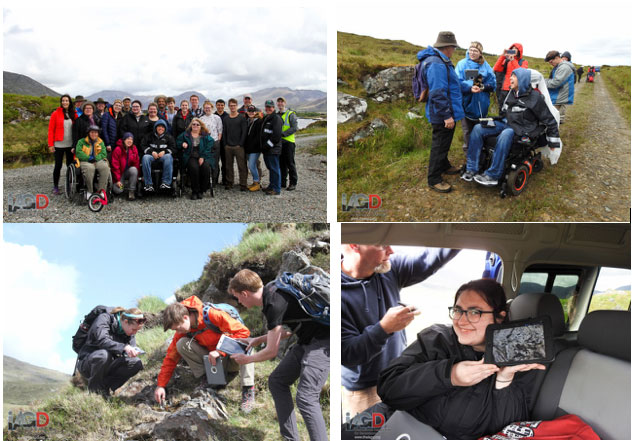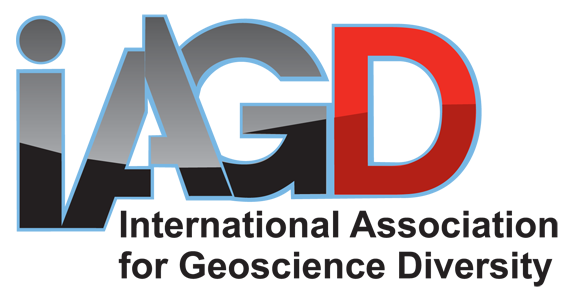In May 2017, students and researchers associated with the IAGD traveled to western Ireland for year two of the NSF funded GEOPATH research project focusing on the development and evaluation of accessible approaches to field work. This is part of the same project that took the IAGD on fieldwork to Arizona last year. The trip allowed students to gain experience with field geology in a variety of settings: from the soft-sediment deformation beautifully illustrated at the Cliffs of Kilkee in County Clare, to the spectacular glacial features of coastal County Galway. The focus of the trip was a multi-day field study of the metamorphic and structural geology of the Connemara region near Clifden, which included a behind-the-scenes tour of the Connemara Marble Quarry. By using teamwork, problem solving and technology, groups of students with mixed-abilities collected field data and created a digital structural map of the field site by combining datasets under the direction of an international team of faculty and staff.
Would you like to hear more about the results of this research project? Students and faculty are preparing several oral and poster presentations in a number of sessions at the 2017 GSA annual meeting in Seattle. Students will share their experiences and faculty will present the results of research on a variety of topics including accessible field methods, the use of technology in the field, and the benefits of student collaboration for learning and inclusion. Check in with the IAGD’s social media as GSA nears for details on when and where our members will be presenting.






